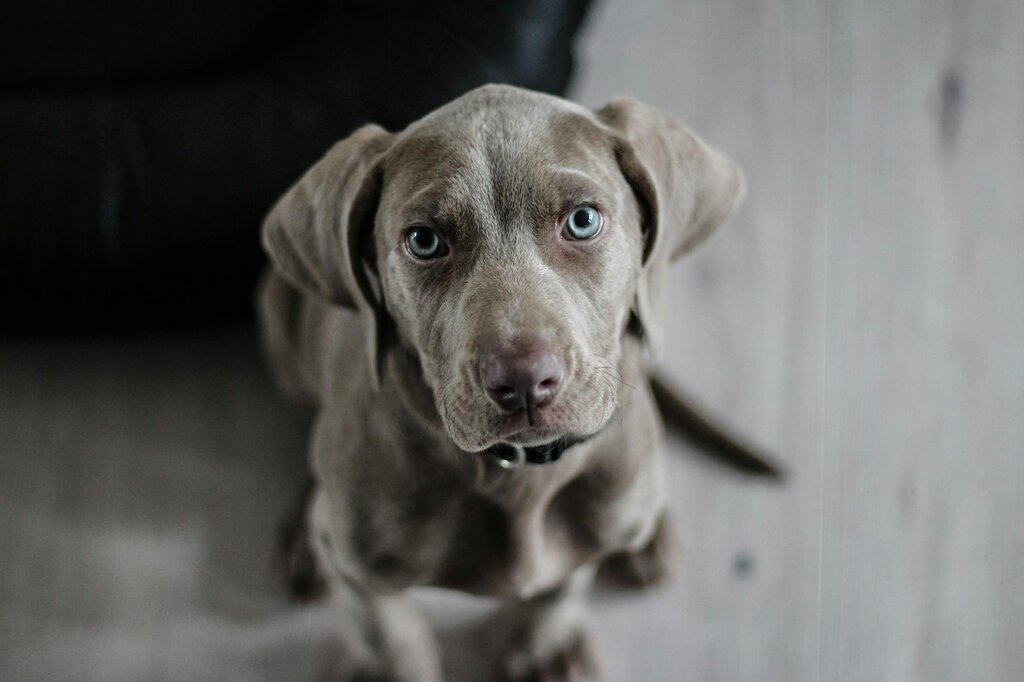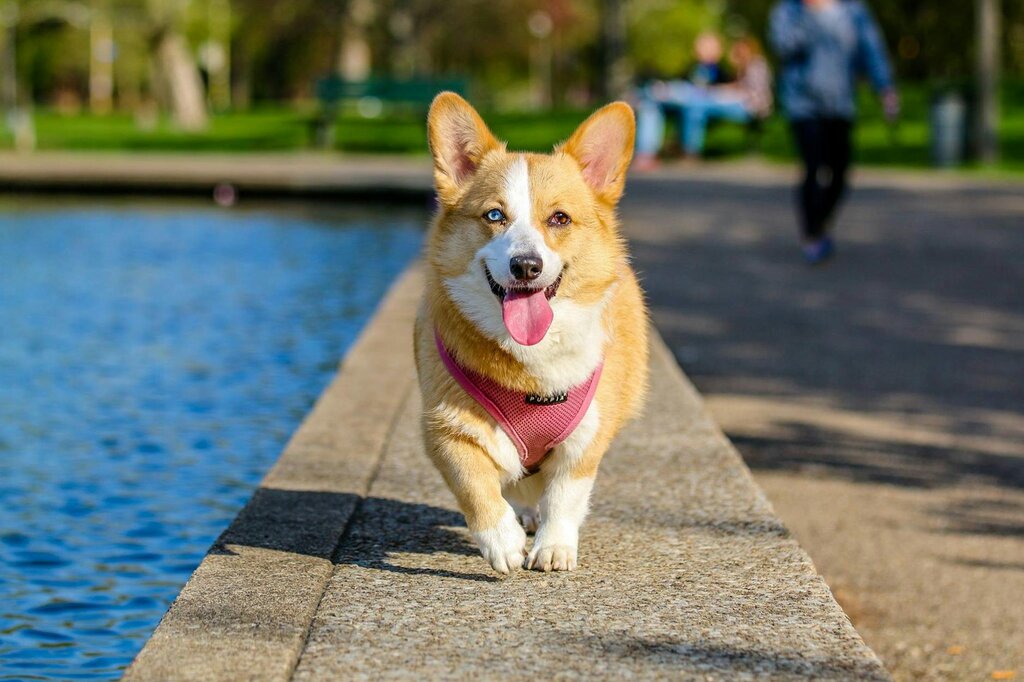Last Updated: 19/06/2025
Diarrhoea in Dogs
Does your dog suffer from diarrhoea? Read more from our vet team about the common causes of diarrhoea in dogs and diets which may help.
Author: Dr Carla Paszkowski BVSc (Hons)
Reading Time: 16 minutes - medium read
Most dogs will experience diarrhoea at some point in their lives, and there are many causes for this unfortunate affliction. Some dogs with a sensitive stomach may experience 'on and off' bouts of chronic mild loose stool, which may respond to a sensitive stomach diet such as Royal Canin Digestive Care.
But sometimes the issue is acute and can affect healthy dogs. Your dog may just have small bouts of tummy upset and quickly improve, while others can become seriously unwell. If diarrhoea continues for an ongoing period, it can lead to weight loss, dehydration, and electrolyte depletion.
When to seek immediate veterinary attention:
- The loose stool has persisted for more than 2 days
- The stool is watery
- There is any blood or mucus in the stool
- Your dog is lethargic, off their food, or vomiting
- Your dog is a puppy
Main Causes of Diarrhoea in Dogs

Dietary changes
A frequent source of diarrhoea in dogs is a sudden change in diet. Whether youâve just run out of their favourite food or thought youâd try a tasty, new treat, suddenly changing a dog's diet can cause vomiting and diarrhoea. When introducing your pet to a new diet it is best to do so slowly to try and minimise any potential problems. Read our article How to Transition to a New Pet Food for some more tips and tricks.
Eating something they shouldn't have
Dietary indiscretion, where your pooch has helped himself to something he shouldn't have, is another common cause of diarrhoea. Whether your dog has been rummaging through the garbage bin or has found a tasty morsel while out on a walk, both scenarios are likely to lead to an upset tummy. In this situation, feeding your dog a bland diet such as boiled chicken and white rice will often quickly help to resolve the diarrhoea. If however, the diarrhoea persists, your dog is vomiting frequently or seems generally unwell, it is important to seek veterinary advice and treatment.
Parasites
Another common reason for diarrhoea is parasite infection. Intestinal parasites like hookworms, whipworms, roundworms, coccidia and giardia will all cause diarrhoea. Dogs can pick up these parasites from eating contaminated meat, drinking from contaminated water, as well as coming into contact with infected animals or their faeces. Parasites are also easily transmitted from mothers to their pups, so it is especially important that puppies and pregnant or nursing females are treated for parasites regularly.
If you'd like more information about protecting your dog or puppy from worms check out our Dog Worming Guide.
Food sensitivities and intolerances
Much like their human owners, dogs may also have dietary sensitivities or food intolerances which can result in diarrhoea. Intolerances in dogs generally develop over time and are associated with common proteins found in many commercially prepared dog foods including beef, dairy and wheat.
If you suspect that your dog may have a food allergy or intolerance, consult your vet regarding the best course of action. They may recommend a dietary trial using a veterinary elimination diet which is specifically formulated to be hypoallergenic. If the diarrhoea resolves during the feeding trial, it may indicate a food intolerance which usually requires a special dietary formulation to be fed long term.
Some dogs can show improvements on a diet for sensitive stomachs. These diets are often formulated from highly digestible proteins, with the addition of probiotics, to support good digestion.
For more information, take a look at the Signs Your Dog May Have a Food Allergy and read more about hypoallergenic diets in our article What is the best Hypoallergenic Dog Food?
Best Diets for Supporting Food Intolerances
Bacterial or viral infections
Bacterial and viral infections such as parvovirus can be another serious and life-threatening cause of diarrhoea in dogs, often requiring hospitalisation for treatment and recovery. To prevent these diseases and minimise your dog's risk of diarrhoea, always ensure all vaccinations are kept up to date, and keep any unvaccinated puppies away from other dogs or areas such as parks. Puppies tend to be the most at risk of parvovirus, and suffer the worst from these types of infections.
Extra-gastrointestinal causes
There are a myriad of other of serious causes of diarrhoea in dogs that are caused by other parts of the body. These might include pancreatic issues, liver disease, tumours, or blockage of parts of the gastrointestinal tract. In any case of persistent diarrhoea ensure you contact your vet and seek emergency treatment if your dog is unwell.
Treatment of Diarrhoea in Dogs

The treatment for diarrhoea in dogs will ultimately depend on the underlying cause. However, more and more research has shown that probiotics have many health benefits for dogs, including competing with harmful germs, acting as natural antibiotics and stimulating the dog's immune system to help reduce the duration and incidence of diarrhoea.
For detailed information about the benefits of probiotics in dogs, take a read through our veterinary written article Probiotics for Dogs.
Vet Recommended Probiotics for Dogs
Further Reading
Want to read more? Check out our other articles:
History
Our experts continually monitor the health and wellness space and we update our articles when new information becomes available.
Tue Apr 19 2022
Written by Dr Carla Paszkowski BVSc (Hons)Dr Carla Paszkowski BVSc (Hons)
Veterinarian
Dr. Carla graduated from the University of Queensland in 2013 with a Bachelor of Veterinary Science and worked for a number of years in small animal clinics across South East Queensland. While Carla enjoys most facets of clinical veterinary work, she holds a special passion for feline medicine, pocket pets, and nutrition.

